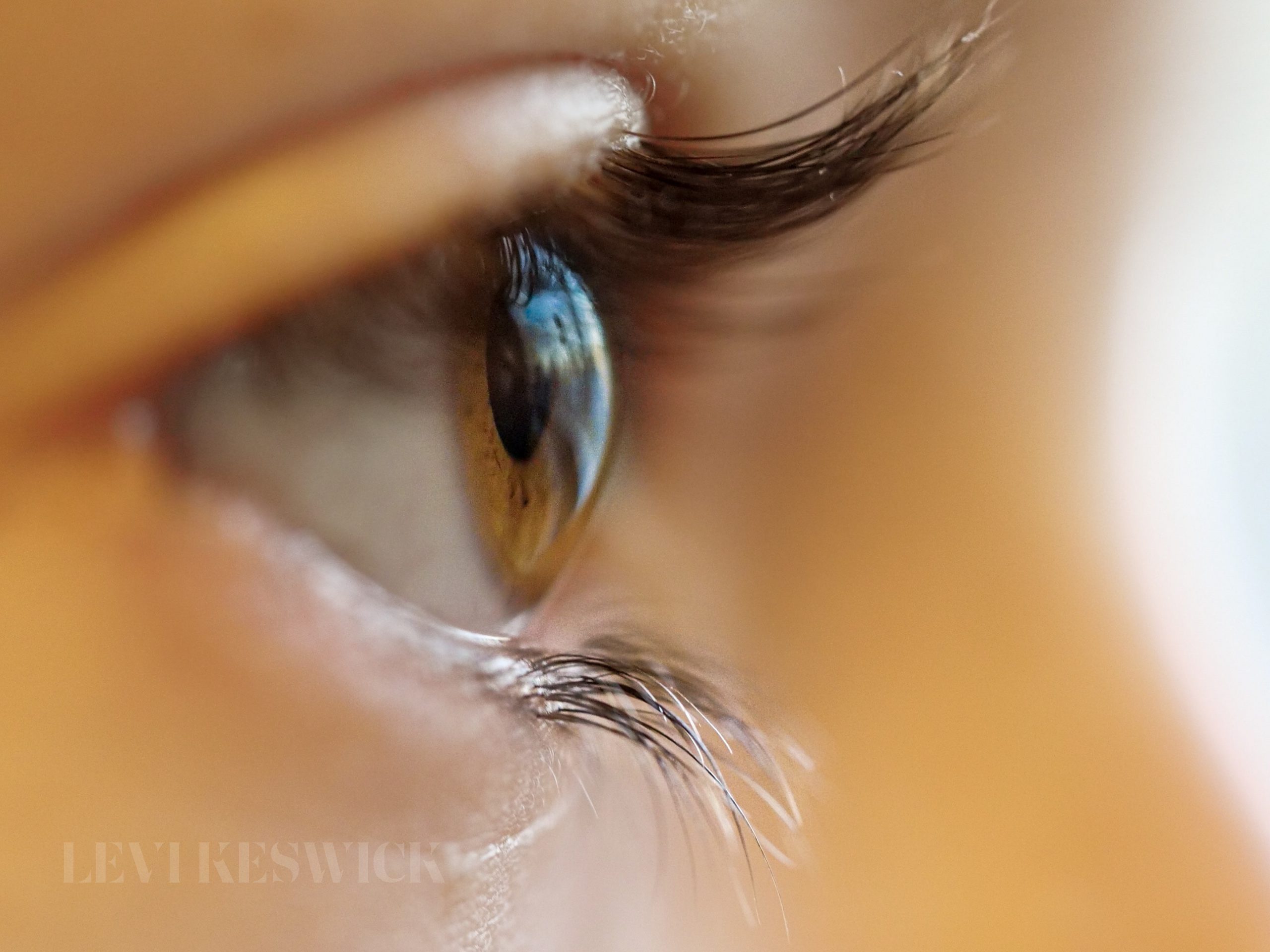The eyes have a fascinating anatomy, as it is the second most complex part of the body and is responsible for visual acuity that helps make sense of the things we see. However, the World Health Organization (WHO) reports that there are 2.2 billion people around the world who experience vision impairment. This includes refractive errors like myopia and hyperopia, which are vision problems that make it difficult to see clearly. Fortunately, an eye exam can detect the condition, and a doctor can prescribe corrective eye tools to give patients clearer vision.
Contact lenses are relatively popular among the available tools since they can correct vision errors with greater convenience. With contacts, you won’t need to worry about misplacing your glasses or being annoyed by specs constantly slipping down your nose. Despite their useful function and appeal to many people, many misconceptions surrounding contact lenses continue to persist. As such, we have compiled some of the biggest misconceptions to debunk them and highlight the merits of contact lenses for correcting vision problems.
“Contact lenses always get painfully stuck on the eyes”
Since contact lenses are thin, transparent plastic discs worn on top of your eye to correct vision, some people assume they can stick to the eyeballs when worn for long periods. While it is true that soft contact lenses can stick to the eye, this is generally avoidable when an eye doctor’s instructions for proper care, wear, and removal are followed accordingly.
Additionally, having dry eyes or accidentally falling asleep wearing contacts can make them stick. A few drops of contact lens solution will moisturize them so you can painlessly remove them. It is also essential to use lubricating eye drops if you feel that your eyes are dry to avoid potential irritation and pain when wearing contacts.
“Wearing contacts is too high maintenance”
Unlike regular eyeglasses, a lot of effort is needed to wear contacts. This makes some people assume that wearing contacts is too high maintenance, especially since it requires buying contact lens solutions and other accessories.
However, daily disposable contact lenses are available on the market, and these disregard most aspects of lens care. You can wear them once and then throw them away, no longer needing any cleaning or stress over storage. This is an excellent option for people who want to wear contacts but don’t want to deal with lens care and maintenance.
“Contact lenses remove the need for glasses”
Contrary to popular belief, wearing contact lenses does not mean you won’t ever need a pair of specs. There are several reasons why contact lens wearers need glasses, but one of the most prominent benefits specs can provide is protection from blue light and ultraviolet (UV) exposure. Your glasses can be fitted with blue light filters that can combat harsh light from the sun and artificial light sources, such as your phone or personal computer.
Additionally, you can opt to have prescription sunglasses made if you love the outdoors—these sunglasses can help you see clearly while reducing glare when faced with bright sunlight. If you experience frequent allergies or catch an eye infection, glasses are also necessary to help you see since wearing contacts can be uncomfortable. While contacts have a lot of benefits, it’s essential to strike the right balance to ensure that your eyes are adequately protected.
“They’re not accessible for all ages”
Contact lenses can be worn by children as young as eight years old and some adults in advanced age prefer them over reading glasses. Not wearing glasses is a personal preference, and it is up to the wearer whether they are willing to uphold the care and maintenance required by using contact lenses.
Furthermore, there is also an emphasis on parents to teach their young children to be responsible for their contact lenses and ensure that they know the importance of keeping their eyes regularly lubricated to avoid irritation.
“Contact lenses can be worn anywhere”
While contact lenses provide unique convenience that glasses don’t have, they are not totally invincible and cannot be used in all circumstances. Case in point, it is inadvisable to wear contacts near bodies of water like the beach or swimming pools, and you should take them off before showering.
Contaminants and germs are prevalent in water and can easily penetrate your eyes. Unfortunately, contact lenses can trap these bacteria, which can cause an eye infection. In this scenario, it’s best to wear your glasses to still see clearly when you’re wading through water.










